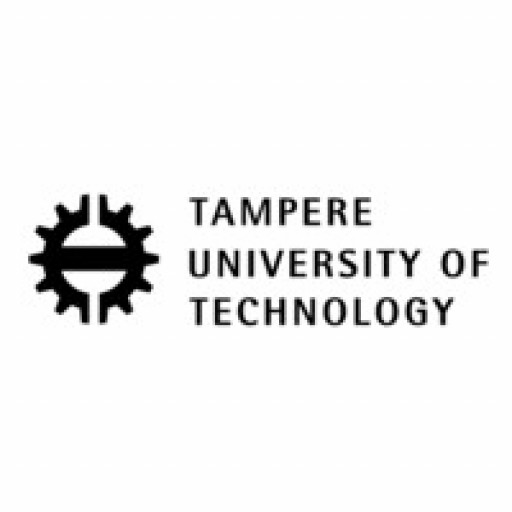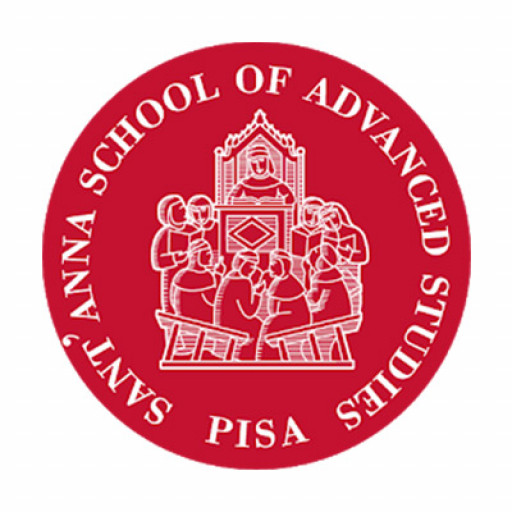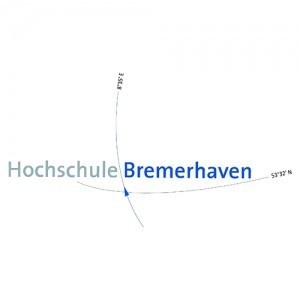The Embedded Systems master's degree programme at Tampere University offers students an in-depth understanding of the design, development, and implementation of embedded systems, which are crucial components in modern technology across various industries. The programme is structured to provide a comprehensive education that combines theoretical knowledge with practical skills, preparing graduates for challenging roles in industries such as automotive, telecommunications, consumer electronics, healthcare, and automation. Students will learn about the architecture and operation of embedded hardware and software, real-time operating systems, sensor integration, power management, and security aspects pertinent to embedded applications. The curriculum emphasizes hands-on experience through laboratory work, project-based assignments, and collaborations with industry partners, ensuring that students gain real-world insight and practical competency. Key modules include embedded hardware design, software development for embedded platforms, real-time systems, and embedded network protocols. The programme also fosters innovative thinking and problem-solving abilities, encouraging students to develop novel embedded solutions for emerging technological challenges. Tampere University’s strong research environment and close ties with industry provide students with opportunities for internships, thesis projects, and networking, facilitating a smooth transition into the professional world. Graduates of the Embedded Systems master’s programme are equipped to take on roles such as embedded systems engineer, hardware and software developer, systems architect, and research and development specialist. With a focus on cutting-edge technology and sustainable design principles, the programme prepares students to contribute to the advancement of embedded systems that enhance our daily lives and enable Smart Society innovations.
During the studies, we view embedded systems from a very practical standpoint.
The embedded systems studies combine hardware and software design by using modern methods and tools. Our research groups co-operate with businesses and work with real-life cases to develop new methods and solutions. Close collaboration with businesses also gives us an excellent opportunity to dive into the trends and state-of-the-art applications and the future winners of the field.
The main target hardware platforms are System-on-Chip, FPGA, GPU and embedded multiprocessor platforms. Model based design and High-Level Synthesis are the main approaches in digital design. The software design includes topics on Linux based SW stacks, HW dependent SW, real-time operating systems, distributed and fog computing, as well as IoT protocols, middleware and applications from the programmer’s point of view. Domain crossing topics are verification, testing and embedded systems development processes.
To become a MSc graduate you will need to complete the degree programme worth 120 ECTS. The modern study methods consist of lectures, exercises, assignments, independent studying and examinations. Courses are worth 90 ECTS and the remaining 30 ECTS are awarded for successfully completing a master's thesis. Each ECTS is equal to an average workload of 27 hours.
It is not possible to apply to a Master’s programme on the basis of a Master’s degree. The only exceptions are the one-tier degree programmes where the first cycle degree is not compulsory and the so-called long cycle degrees.
Applicants who are seeking admission to their first Master’s programme are given preference in the admissions process. Applicants for a second Master’s degree may be admitted only under special provision and only if they are able to show that the courses that count towards a degree at Tampere University of Technology provide the applicant with genuinely new knowledge and skills.
Applicants are required to demonstrate a high level of proficiency in the English language. TUT accepts internationally recognised academic language tests as demonstration of language proficiency. The accepted tests are IELTS Academic, TOEFL iBT, TOEFL PBT, PTE Academic and CAE/CPE.
To better further your success in the admission process generally the overall grade (CGPA) of the degree should reach at least 70 %. The CGPA (Cumulative Grade Point Average) is an average of all of your grades for the courses in your previous degree.
Students admitted to a Master’s degree programme may be required to complement their earlier degree with complementary studies. All students with a Finnish University of Applied Sciences (AMK) degree are required to complete a study package which generally includes courses in Mathematics, Physics and Chemistry depending on the student's background. For more information on the complementary studies, please contact the academic coordinator of the degree programme.
The student selection is made by an admissions committee on the basis of the academic qualifications and merits shown in the application documents. Please note that not all applicants fulfilling the requirements can be admitted.
English language tests
TUT accepts internationally recognised academic language tests as demonstration of language proficiency. The accepted tests are IELTS Academic, TOEFL iBT, TOEFL PBT, PTE Academic and CAE/CPE. Please note that the language test needs to be taken before the application deadline. We cannot accept language tests taken after the application deadline.
If you take the language test close to the application deadline and cannot submit the test results together with the other application documents, please contact the TUT Admissions Office (admissions@tut.fi) for further instructions.
If your language test score is expiring during the application period you should contact the TUT Admissions Office well before it expires.
IELTS Academic (score 6,0)
Tampere University of Technology verifies all IELTS test results from the test organiser. Upload a copy of the IELTS score slip on your application. It is very important that you indicate your IELTS test report number on the application form.
TOEFL (score: TOEFL iBT 79, TOEFL paper based test 550)
When registering for the TOEFL, enter the code of Tampere University of Technology 0599 into the Score Report Recipient field. TUT verifies all TOEFL test results online from the test organiser. Indicate your test score and test date on the application form.
If you have already taken the TOEFL test you will need to request the test organiser to make the test score available to TUT online.
PTE Academic (score 53)
Your online PTE Academic account allows you to send a secure copy of your test scores to Tampere University of Technology online. TUT will then be able to access and verify your test result online. Indicate your test score and test date on the application form.
Cambridge Language Certificate (Proficiency CPE or Advanced CAE)
Upload your test results on your application. Your results will be verified from the test organiser. Include your Candidate's ID and secret code.
Tuition fees for english-taught degree programmes:
- 10 000 € per academic year for the Bachelor’s programme
- 12 000 € per academic year for all Master’s level programmes
For students who are citizens of countries within the European Union (EU), the European Economic Area (EEA) or Switzerland, studies in all degree programmes will remain free of charge. Tuition fees will also not affect those non-EU/EEA students who have the right to permanent residence in Finland (residence permits A, P and P-EU).
TUT offers a generous scholarship programme for fee-paying students. With the help of the TUT scholarship, TUT continues to provide excellent international students with high-quality, yet affordable, education. The TUT scholarship programme consists of the TUT academic excellence scholarship and tuition fee waivers.
TUT academic excellence scholarship
In 2018, TUT is awarding the TUT academic excellence scholarship to up to ten of the most talented applicants. The TUT academic excellence scholarships include a full tuition fee waiver as well as an allowance of 7000 € per academic year to cover living costs. The scholarships are awarded for an academic year and considered on an annual basis.
Tuition fee waivers
The majority of TUT scholarships are awarded as tuition fee waivers to the most talented students. The fee waivers awarded may cover either 50 % or 100 % of the full tuition fee. Tuition fee waivers are awarded during the admissions process or can be earned during the studies. The tuition fee waivers awarded in conjunction with the student admission process are full tuition fee waivers which cover 100 % of the tuition fee. The tuition fee waiver is awarded to a sizeable proportion of the admitted students.
As an expert in embedded systems, you will have a variety of career opportunities. There are numerous fascinating applications and interesting companies in the market. The global embedded systems market is worth over 200 billion USD, and rapidly growing. A survey conducted in 2017 shows that an embedded system product design team consists, on average, of 15 people, of which 60% are in embedded SW and 40% in HW design. The figures show that there is room for both small and large companies in the market, in both application and technology development.










